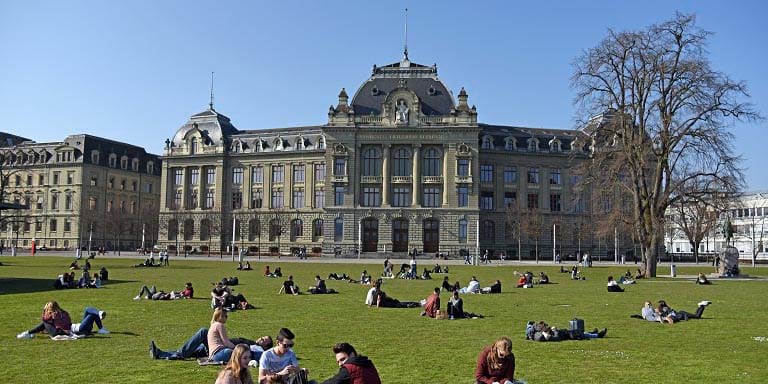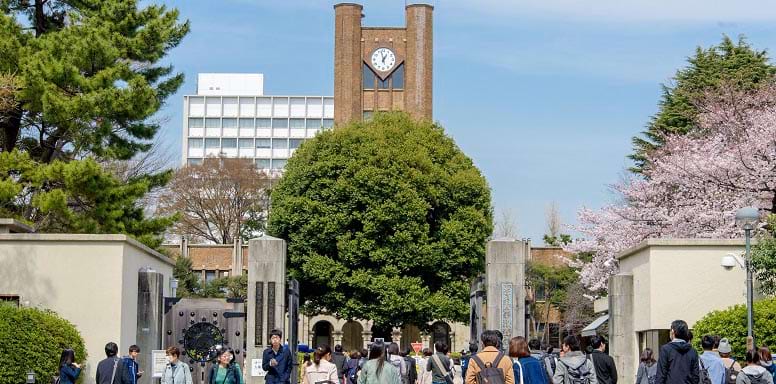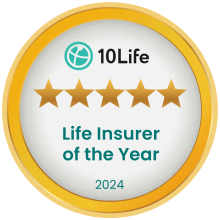When picking a study-abroad destination for their kids, parents are often faced with the dilemma of choosing between well-established overseas destinations and emerging education hubs.
Emerging study abroad destinations for quality education
While traditional study abroad destinations may not be affordable for every family, there are quite a few emerging places to choose from.

For a long time, the U.K., the U.S., Australia and Canada have been the most popular destinations for studying abroad, but they are not necessarily affordable for every family. In view of the rising cost of education, a number of emerging destinations in Europe have taken the spotlight in recent years. Not only do they offer a cheaper option for parents, but they also provide a wide range of courses for students to develop their interests and careers.
Germany: Free education in public universities
Germany has continuously produced influential and successful Nobel prize winners, and it is a country that is indisputably committed to offering top-notch education to its younger generation. More importantly, most of the government-funded public universities here are free, or only charge no more than 1,000 Euros (approximately HKD9,600) each year. However, they have a language requirement (German) in place for overseas students. Students who are interested but not quite able to master the language can enroll in a one-year preparatory course (around HKD200,000).1
Germany is best known for its achievements in the fields of engineering and scientific research (especially Basic Science and Applied Science), comparable with, if not better than, the U.K. and the U.S. In addition, Germany has provided a wealth of classical music composers who have defined the course of western music, such as Bach and Schumann. Many music and art academies here enjoy a remarkable reputation on the global stage, perfect for young people who are interested in a career in music or art. Germany is a country that puts great emphasis on talent development. Graduating students are allowed to extend their stay for a year and a half to seek job opportunities.
Switzerland: Focus on both theory and practice
The Swiss Hotel Management School in Switzerland has a rich history of more than 100 years and is widely recognised by numerous five-star hotels around the world. The university offers both three-year and four-year bachelor’s degree programmes, and most of them are taught in English. The curriculum mainly focuses on theory and practice, with a “half-year of class, half-year of internship” teaching model. The three-year programmes usually cost around 136,000 Swiss Franc (approx. HKD1 million). Apart from a career in the hotel business, graduates can also enjoy a wide range of job opportunities, including business administration, tourism, conferences and exhibitions, and marketing.3
Finland: Free courses taught in Finnish/Swiss
The Nordic countries have always been at the forefront of education, and Finland’s education system has been ranked among the very best in the world. Most Finnish universities and colleges are taught in Finnish and Swiss, but there are also about 100 degree programmes that are taught in English, focusing on helping students develop their skills and enhance their professional knowledge.
In the past, all institutions in Finland offered free education, but starting from August 2017, students from non-EU or non-EEA countries who enroll in bachelor’s or master’s programmes taught in English are required to pay a tuition fee of 6,000-18,000 Euros per year (approximately HKD38,000 to HKD170,000), while courses taught in Finnish or Swiss remain free of charge.2

Russia: a perfect destination for music and art lovers
Famous for its achievements in the fields of science, technology, culture and art, Russia is a world-class education hub for students who are interested in a number of high-tech fields such as aviation, aerospace and biotechnology, as well as disciplines like music, literature and fine arts. The Imperial Academy of Arts, Moscow Tchaikovsky Conservatory, and Saint Petersburg Conservatory are all world-renowned colleges.
The tuition for a four-year bachelor’s degree programme in Russia is usually around 120,000 to 240,000 Russian rubles (approximately HKD16,000 to HKD19,000) per year, making it the perfect destination for studying abroad.4
Learn Japanese and Korean to “up your game”

In addition to studying abroad in Europe, quite a lot of parents are starting to arrange foreign language courses for their children to help them maintain a competitive edge. Two of the more popular Asian languages are Japanese and Korean. More than 30 universities in South Korea, including Seoul National University and Yonsei University, offer their own language courses. There are six levels (1-6) for learning Korean. Within each level, there are multiple classes. Regular courses usually last for 10 weeks, but there are also three-week courses available for students to enroll in during summer and winter breaks.5
On the other hand, language schools in Japan also offer short-term courses that can be completed within three months, allowing students to enhance their Japanese language skills in a quicker and more efficient manner. Students also have the option to enroll in long-term courses (one year to one and a half years), great for students who are planning to pursue further study in Japan.6
All in all, education plays an essential role in a child’s growth. It is crucial for parents to make the right decisions in line with their children’s interests and strengths. Parents should also plan ahead and take care of their kids’ educational needs as early as possible. The more prepared they are today, the more choices their children will have in the future. To provide parents with the best assistance possible, Sun Life Financial has created an Education Budget Calculator. Parents can now carry out comprehensive financial planning at an early stage, and prepare an education fund for their children.
Source:
- Tuition fee - Germany
- Tuition fee - Finland
- Tuition fee - Switzerland
- Tuition fee - Russia
- Tuition fee - Korea
- Tuition fee - Japan
Information provided above is for reference only, please refer to the Conditions of Use of this site.



